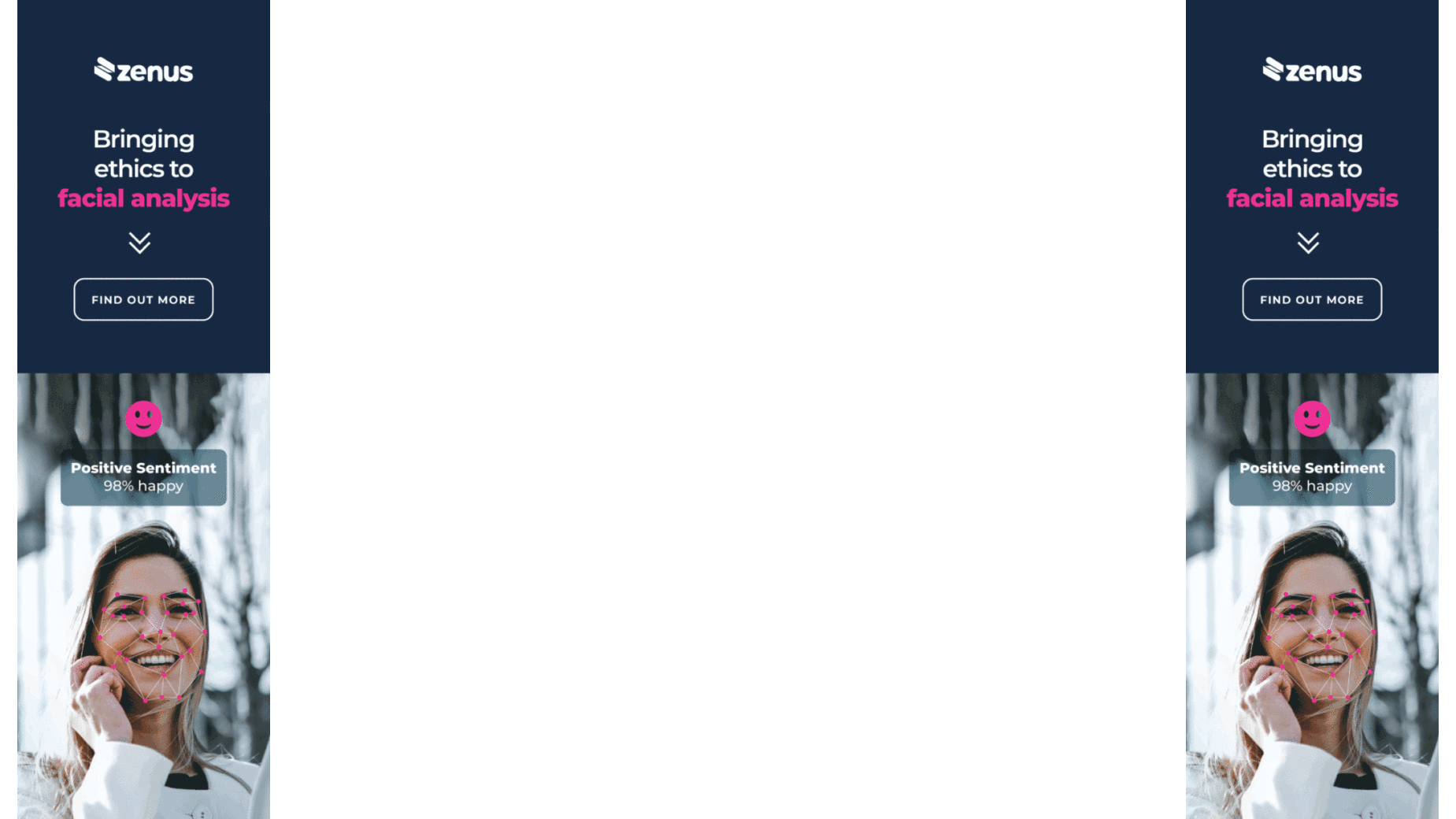By Liz Richardson, managing director, HeyHuman
Secret Cinema’s consumer appeal is undeniable – its recent Blade Runner experience earned more than $6m and succeeded in putting a 20-year-old film back into the top 10 of the UK box office.
This year, the franchise’s James Bond Casino Royale experience will mark its whopping 70th production within the space of 12 years.
However, whereas most experiential events live and die by the amount of attention they can drive up over social channels, Secret Cinema actively discourages and prohibits people from sharing over social media.
No social shares, no Instagram live stories, not even so much as a humble selfie. It’s all about the moment. Visitors can share social content pre- and post-event, but there is strictly no content to come from the walls of the experience itself.
The success of the franchise shows the event industry what needs to be done when connecting (and separating) experiential and digital marketing strategies. Because far too often, digital is tacked on as an afterthought – and not enough attention is paid to what will work in the digital world.
For instance, let’s say an ice-cream brand launches a sampling campaign; you might go along to the activation and enjoy the contents of your cone, but why the hell would someone else want to watch you eating it when they go online (if not to find out where they can get their free ice cream, that is)?
But, before we get carried away and think that the future of experiential lies in a digital-free existence, we need to remember that Secret Cinema occupies a very unique position in the market.
As suggested by the name, Secret Cinema thrives on its exclusivity. The location and the specifics of the events are closely guarded ‘secrets’ from everyone who doesn’t have a ticket, so it makes perfect sense to prohibit visitors from sharing their experiences over social channels.
Also, there are clear differences between launching an event for a property like Secret Cinema, and delivering an activation for a brand, where amplification through social media channels is so much more important.
At a time of tightening budgets and Brexit uncertainty, brands are increasingly cautious with their ad spends, and they are looking for proof points about measuring the effectiveness of experiential. At HeyHuman, we’re increasingly expected to deliver a ROI for brands by creating experiences that will reach a broader audience through social channels, because, from an experiential marketer’s perspective, gaining traction on digital can be a fantastic way of measuring the success of an infamously difficult to measure marketing spend.
But it needs to happen in an organic way – brands shouldn’t force social sharing down consumers’ throats. If you want your events to receive organic amplification from your attendees, then there needs to be a clear value exchange. Your visitors need to want to share the content from your experiences, and this means you need create experiences that are unique and relevant.
Obviously you can further your chances of gaining social media traction through offering social prompts at your events and activations – these could take the form of visual cues like selfie walls – but, ultimately, the success of your social campaign will live or die based on how shareable your experience is in the first place.
We recently worked with Diageo to create a multi-sensory playground called Guinness Flavour Rooms, where people could explore the multi-dimensional flavours of Guinness. The event was a success over social media because we offered users something immersive and impactful to share with their followers.
The incredible success of Secret Cinema should be used as a reminder for brands to differentiate their digital and experiential marketing disciplines. We’re not telling brands to completely throw away the social strategies that exist alongside experiential activity. We’re telling them to develop activities that are worth sharing in their own right. Don’t become hell-bent on hashtags, likes and shares – because consumers will see straight through the act.










